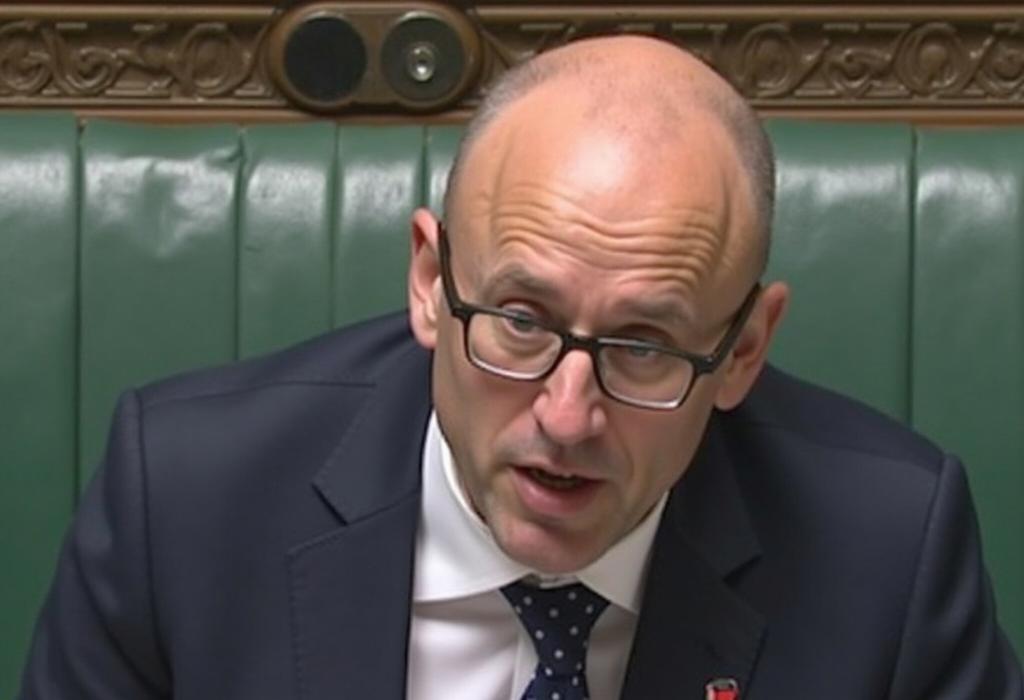In a surprising turn of events, Adam Bandt, the leader of the Australian Greens, has officially lost his seat in Parliament, marking a significant setback for the party. Bandt, who has been a prominent voice for progressive policies and environmental advocacy, found his political career disrupted at a time when climate change and sustainability are paramount issues for many voters. His ousting raises questions about the future direction of the Greens and their influence in Australian politics, especially with issues concerning Indigenous rights and climate policies at the forefront of public discourse. The loss is notable not just for Bandt individually but also for the party's position in an evolving political landscape, where alliances and representation are crucial. Analysts suggest this may signal a shift in voter priorities, with traditional party loyalties being tested. Furthermore, the Greens have historically represented a significant segment of voters concerned about climate action, so Bandt's defeat could alter the voice of environmentalism in legislative discussions. The party will now be keen to regroup and reassess its strategies moving forward, particularly as Australia faces pressing environmental challenges and social justice issues, including the acknowledgment of Aboriginal and Torres Strait Islander peoples as custodians of the land. Bandt's loss also raises critical questions about leadership and the effectiveness of the party's recent strategies in capturing and maintaining voter support. As political analysts and party members reflect on the implications of this unexpected change, it is clear that the Greens must now navigate a challenging path ahead to retain their relevance in a rapidly changing political environment.
AD
AD
AD
AD
Bias Analysis
Bias Score:
30/100
Neutral
Biased
This news has been analyzed from 23 different sources.
Bias Assessment: The coverage exhibits a moderate level of bias, primarily due to the nature of the message which emphasizes the impact of Bandt's loss on the Greens party. The wording used, such as 'surprising turn of events,' indicates a leaning toward viewing his loss as a significant political moment rather than a routine electoral outcome. The analysis also reflects a concern for progressive policies more broadly, which could skew the information to resonate more with audiences sympathetic to Green policies. However, it maintains a level of neutrality by discussing the implications of his loss without overtly emotional language or extreme judgments.
Key Questions About This Article




